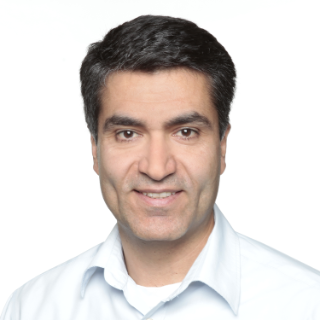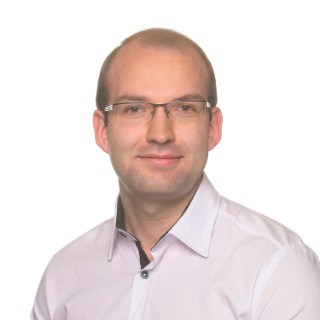Quantum Computing Basics and the Most Important Algorithms
Quantum computing and machine learning are key technologies that will significantly change our technological landscape in the coming decades, and in some cases are already doing so today. This module covers the basics of quantum computing, including its most important algorithms with practical application examples.

